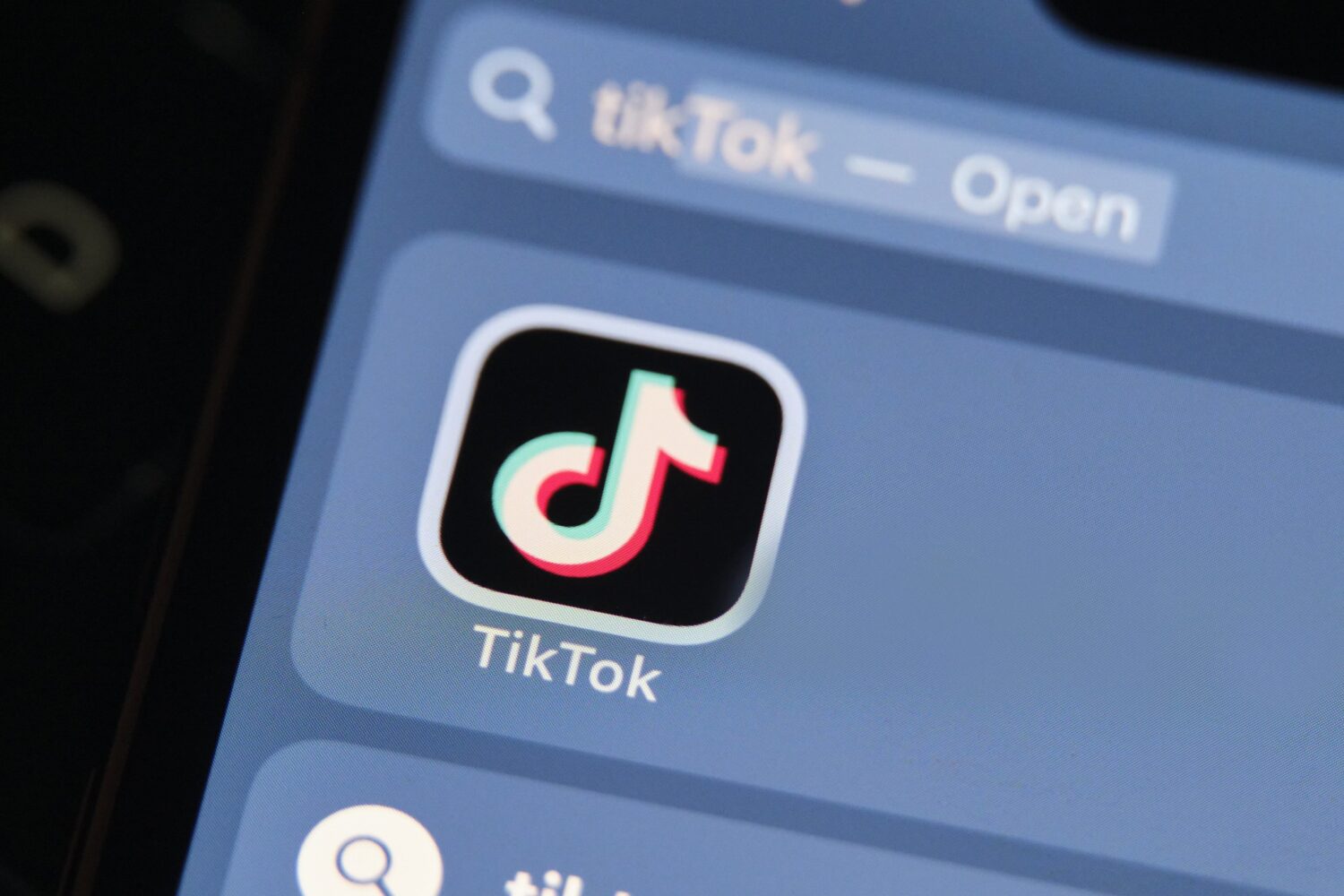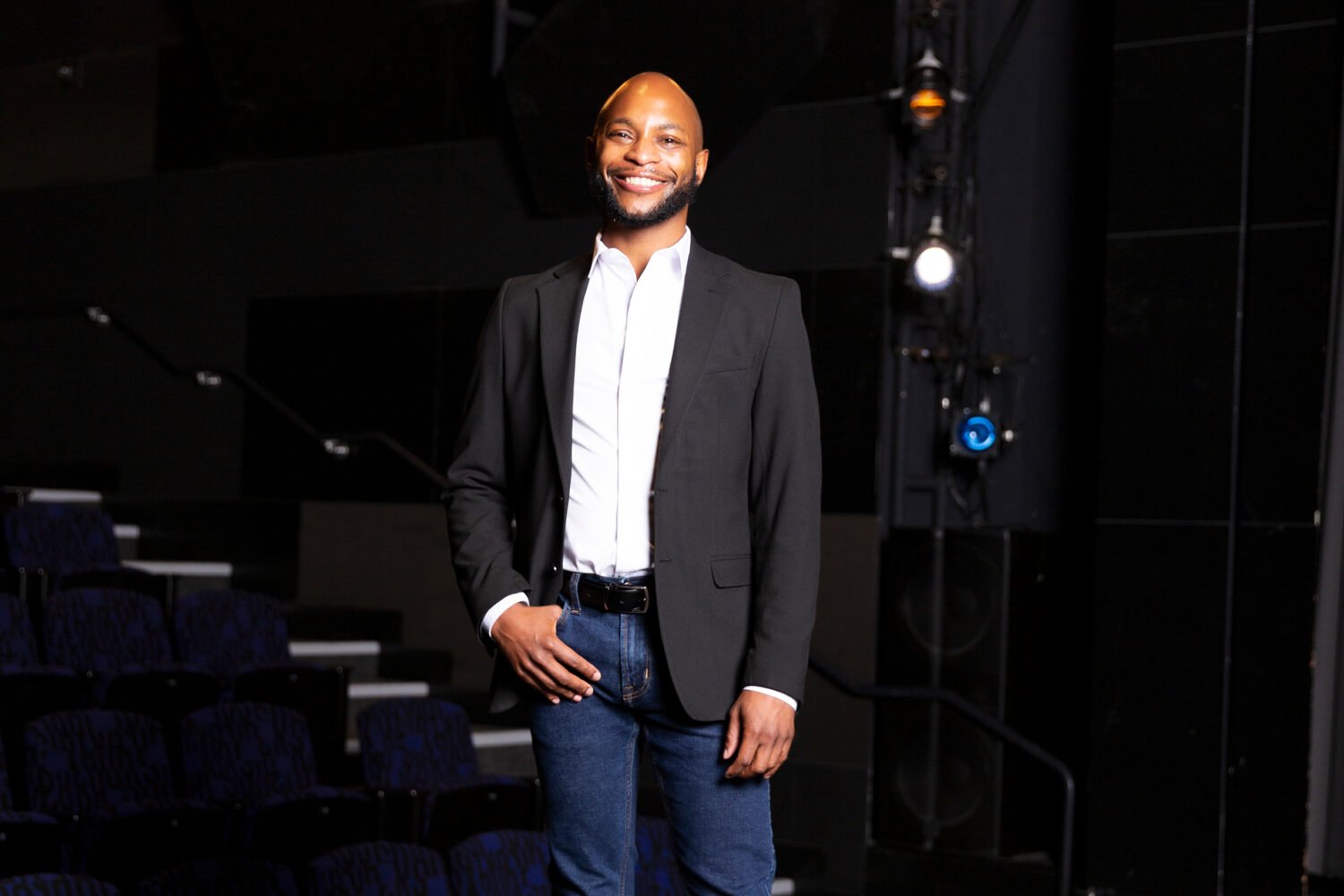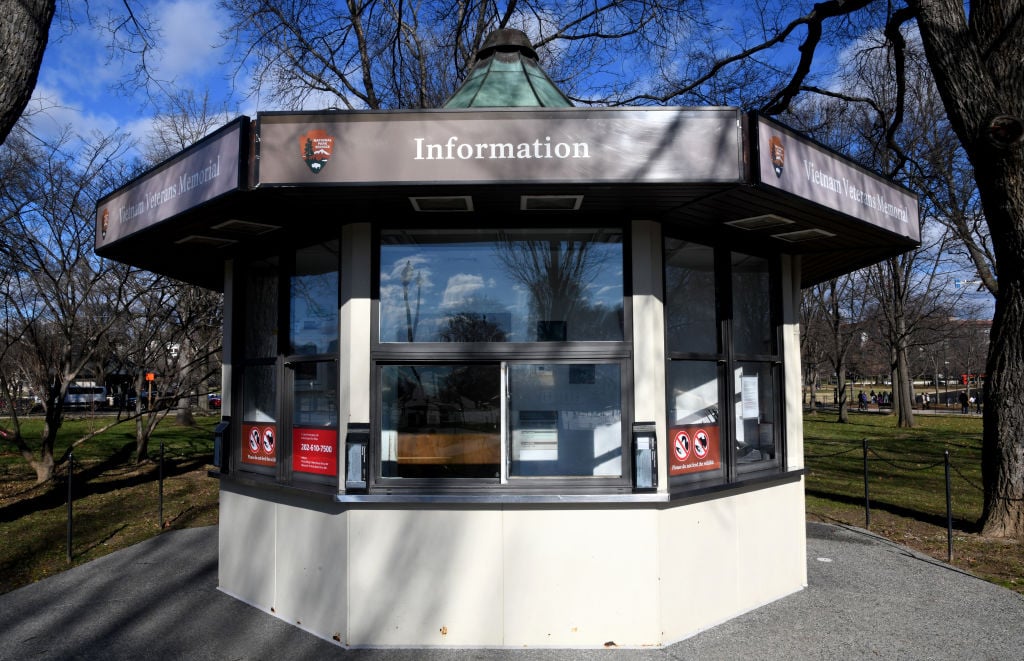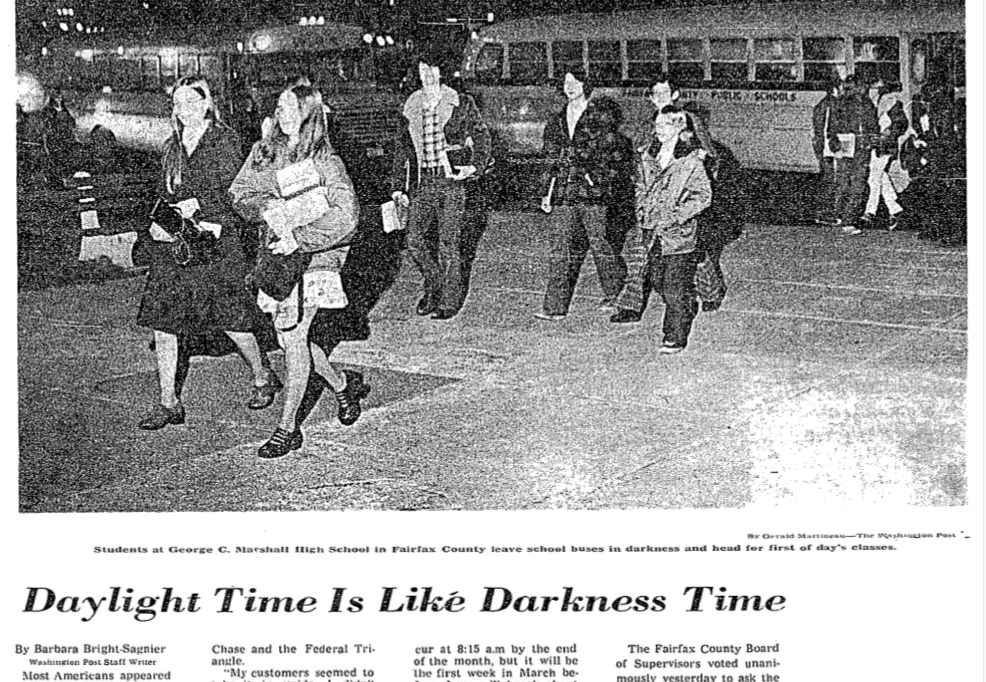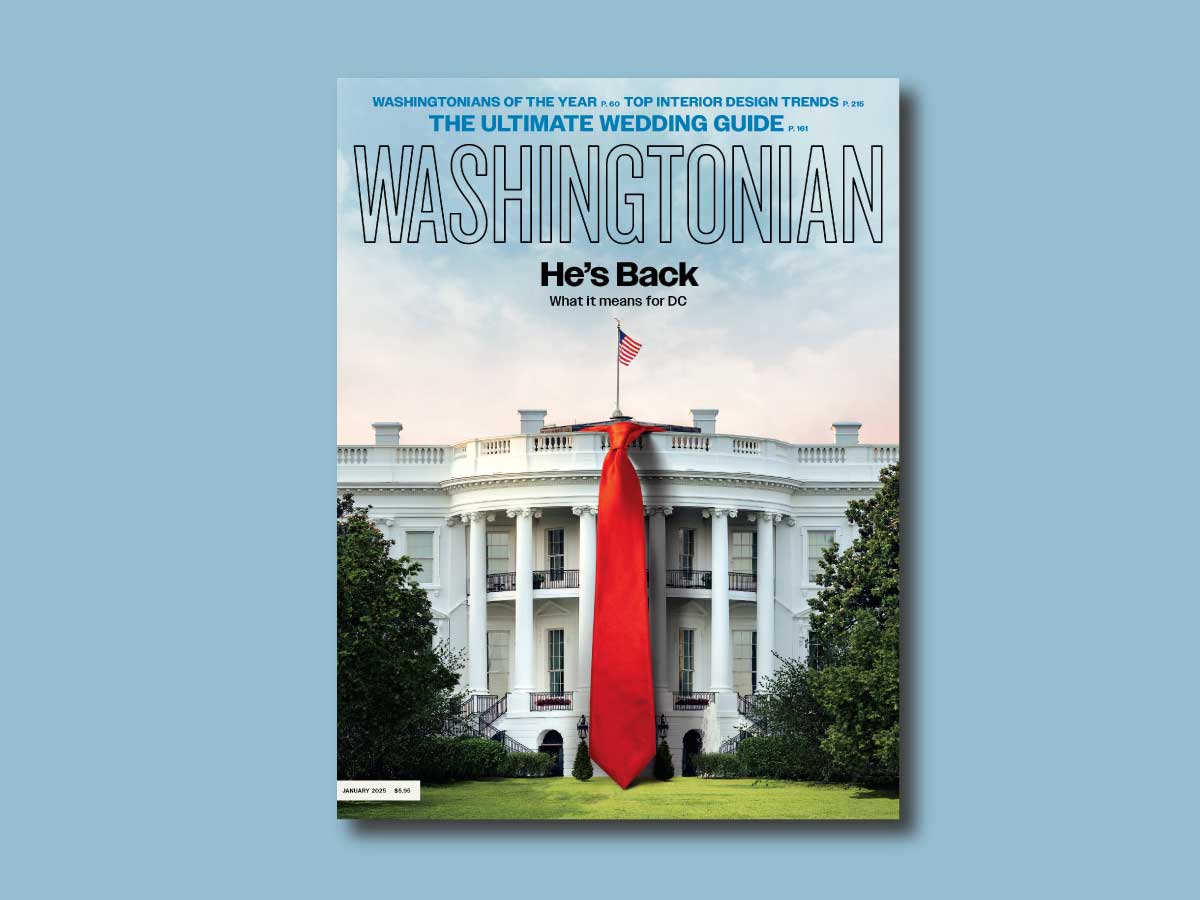If you dream up the perfect man to be mayor of the nation's capital, he would be a DC native, and his parents would be longtime Washingtonians who run a small business. He would have come up through DC public schools and earned his law degree at Howard University. He and his wife would live with their cute twin sons, whom he would bounce on his shoulders during political events. His shaved head would give him both hipness and gravitas. He would be a fresh face on the city council. He would be attractive, earnest, humble, relaxed, confident, and ambitious–but not too much so.
This would be Adrian Fenty, at 30 the youngest member of the DC council. Think Marion Barry without the swagger and assorted addictions. Imagine Tony Williams with natural warmth and good political instincts.
Fenty's a political toddler. He's still trying to figure out how to introduce a bill and get potholes filled at the same time. But to many observers Fenty looks like the first native son in the short history of DC politics who is mayoral material.
"He represents the new Washingtonian ethic that unites boomers and Gen-Xers across color lines," says Jonetta Rose Barras, Washington City Paper columnist. "Fenty as mayor is not far-fetched at all."
"It's too soon to tell," says Bill Lightfoot, former city-council member and mayoral candidate, "but he certainly has the drive, the commitment, and the brains. He also has that ability to make you feel warm and fuzzy."
Fenty thinks it's pretty funny to be talking about mayoral aspirations.
"I really don't think past this seat," he says, piloting his big white Expedition through his ward. Pushed a little, he allows: "If I thought I could do a good job, I would consider it."
Order the campaign buttons.
In politics, like any sport, It's perilous to pick a winner before the games begin, but let's roll out the crystal ball.
Despite his clumsy political operation and softening support in the black community, Mayor Tony Williams will be reelected next year to a second four-year term. No serious challenger has emerged, crime is down, business is up, white voters like him, and he's still not Marion Barry.
In 2006, Fenty will respond to a draft movement, snare the Washington Post's endorsement and Williams's blessing, and win by a landslide.
"Great fantasy," he says.
Fenty does fantasize about changing the world. After getting his law degree from Howard, he interned in the US Senate, worked for law firms, and in 1998 became committee counsel for the DC Council's education committee. He worked on Kevin Chavous's mayoral campaign and last year challenged veteran Ward 4 councilmember Charlene Drew Jarvis, a towering figure in DC politics who devoted decades to developing the city's economic base but gradually lost contact with her constituents.
In his few months in office, Fenty has been short on bluster and long on results. He spends most of his time on the grunt work of taking care of the people who live in his ward: developing business, closing down crack houses, trying to get streets paved and abandoned cars removed and alleys cleaned and streetlamps fixed and trash cans replaced.
Fenty starts his day at 5:15 AM jogging around Crestwood, his neighborhood of brick homes along Rock Creek Park's eastern border. Ward 4 is a good place to begin a mayoral run. To the north, Shepherd Park is home to DC's black elite: judges, doctors, lawyers, diplomats. To the east there's the US Soldiers' and Airmen's Home, where Abraham Lincoln penned the Emancipation Proclamation. There's the Washington Hospital Center complex on Irving Street. Walter Reed Army Medical Center sits on upper Georgia Avenue, the central commercial corridor still in need of rehabilitation. Sturdy middle-class black neighborhoods like Petworth make up the heart of his ward. "Want to see Marvin Gaye's old house?" he asks as we cruise off Georgia Avenue.
Fenty's political role models go back to Motown days. He admires Bobby Kennedy and Ron Brown, but he takes many cues from former Ohio Senator Howard Metzenbaum, for whom he interned in summer 1990: "He was very effective rubbing people the wrong way."
So far he's rubbed at least one colleague the right way, though others slam him off the record. "He's doing his homework," says Ward 3 council member Kathy Patterson. "He's paying attention to his ward."
Every council member hungers to be mayor, but Kevin Chavous and Jack Evans have the largest appetites. Both lost to Williams last time. Should they try again, Chavous might have trouble winning his own ward, and though Evans is a dedicated and powerful legislator, Washington is not Baltimore, where a white man can be elected mayor.
In Washington, candidates have had to meet the opposite standard: Is Fenty black enough? Tony Williams may have made that question irrelevant, and by 2006 no one will even ask it.
Better questions for Fenty:
Can a left-leaning young man raised in a family of activists embrace the business interests who run the city and finance campaigns?
Will he learn how to strike fear into the hearts of people who cross him or need to be crossed?
Like crabs in a barrel, council members try to drag down anyone who begins to rise to the top. Can Fenty survive the sharp claws?
He has six years to provide answers.

